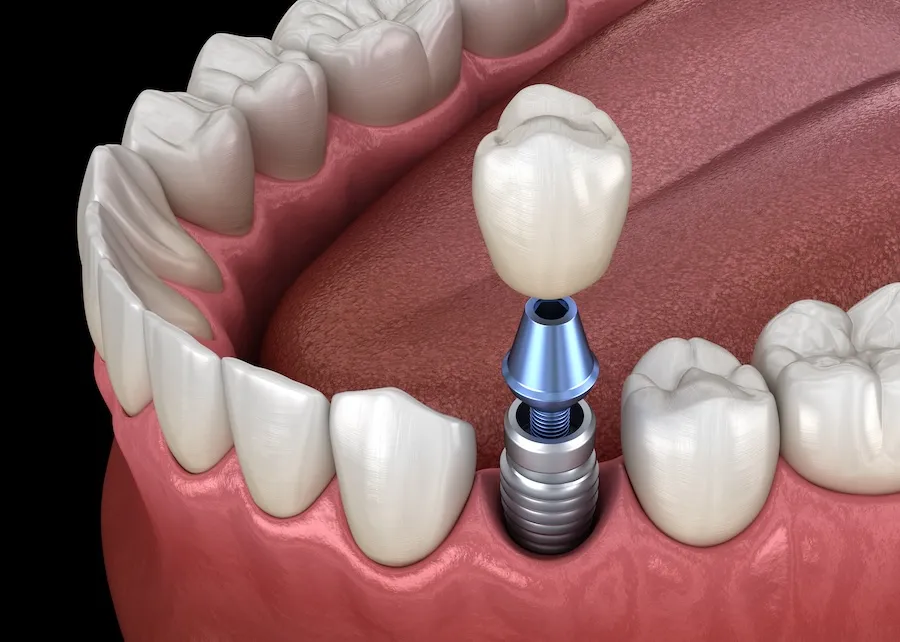When to See a Cardiologist for Palpitations
Heart palpitations are a physical experience for adults, often described as a sensation that the heart is racing, fluttering, or skipping beats. While they may be harmless, there are situations where palpitations might require medical attention. Understanding what these sensations are, what causes them, and when to consult a cardiologist can help you make informed decisions about your health.
What Are Palpitations?
Palpitations are sensations or awareness of the heartbeat. They may feel like your heart is beating too quickly, too hard, skipping beats, or fluttering. These sensations can occur during physical activity or while at rest. Some individuals may notice them more prominently during stress or anxiety.
This experience is not always associated with a heart condition. They are often temporary and may resolve on their own. When this sensation becomes persistent or severe, it might signal a need for further evaluation by a healthcare professional.
What Causes Them?
Palpitations can result from a variety of factors, both physical and mental. Common triggers include high levels of stress, anxiety, or panic attacks. Physical factors such as dehydration, fever, or low blood sugar can also contribute. Stimulants like caffeine, nicotine, or specific medications are occasional causes.
Medical conditions may play a role in some cases. Underlying issues, such as anemia, hyperthyroidism, or heart arrhythmias, can lead to palpitations. Identifying the cause often depends on patterns, frequency, and associated symptoms.
What Is a Cardiologist?
A cardiologist is a medical doctor who specializes in diagnosing and treating conditions of the heart and circulatory system. They have training in recognizing symptoms and managing conditions related to the cardiovascular system. Cardiologists work with patients to evaluate risks, perform diagnostic tests, and recommend treatments. When symptoms or concerns point to potential heart issues, a consultation with a cardiologist can provide helpful insights into the health of your heart.
When Should You See a Cardiologist?
There are specific situations where seeing a cardiologist for palpitations is advisable. If palpitations are accompanied by dizziness, fainting, shortness of breath, or chest pain, they may indicate a more serious issue requiring immediate attention. Frequent or prolonged episodes of palpitations that disrupt daily life should also prompt evaluation. Individuals with a history of heart disease or a family history of sudden cardiac events may have a greater risk of underlying arrhythmias or other heart-related conditions.
How Are Palpitations Treated?
Treatment for palpitations depends on their underlying cause. For palpitations linked to lifestyle factors, modifications like reducing caffeine intake, managing tension, or staying hydrated may help. If mental disorders are a contributing factor, therapy or relaxation techniques can play a role in reducing symptoms.
For cases where palpitations are caused by underlying conditions, targeted treatments may be necessary. These can include medication, medical procedures, or devices to regulate the heartbeat. A cardiologist may also recommend additional testing, such as an electrocardiogram (ECG), to gather more information.
Learn More Today
Palpitations can range from fleeting and harmless to persistent indicators of an underlying condition. Recognizing when to see a cardiologist is a beneficial step in maintaining heart health. If you have concerns about palpitations or would like further guidance, consult with a cardiologist for an expert evaluation. Identifying and addressing the cause of palpitations can provide clarity and improve your quality of life.











Post Comment